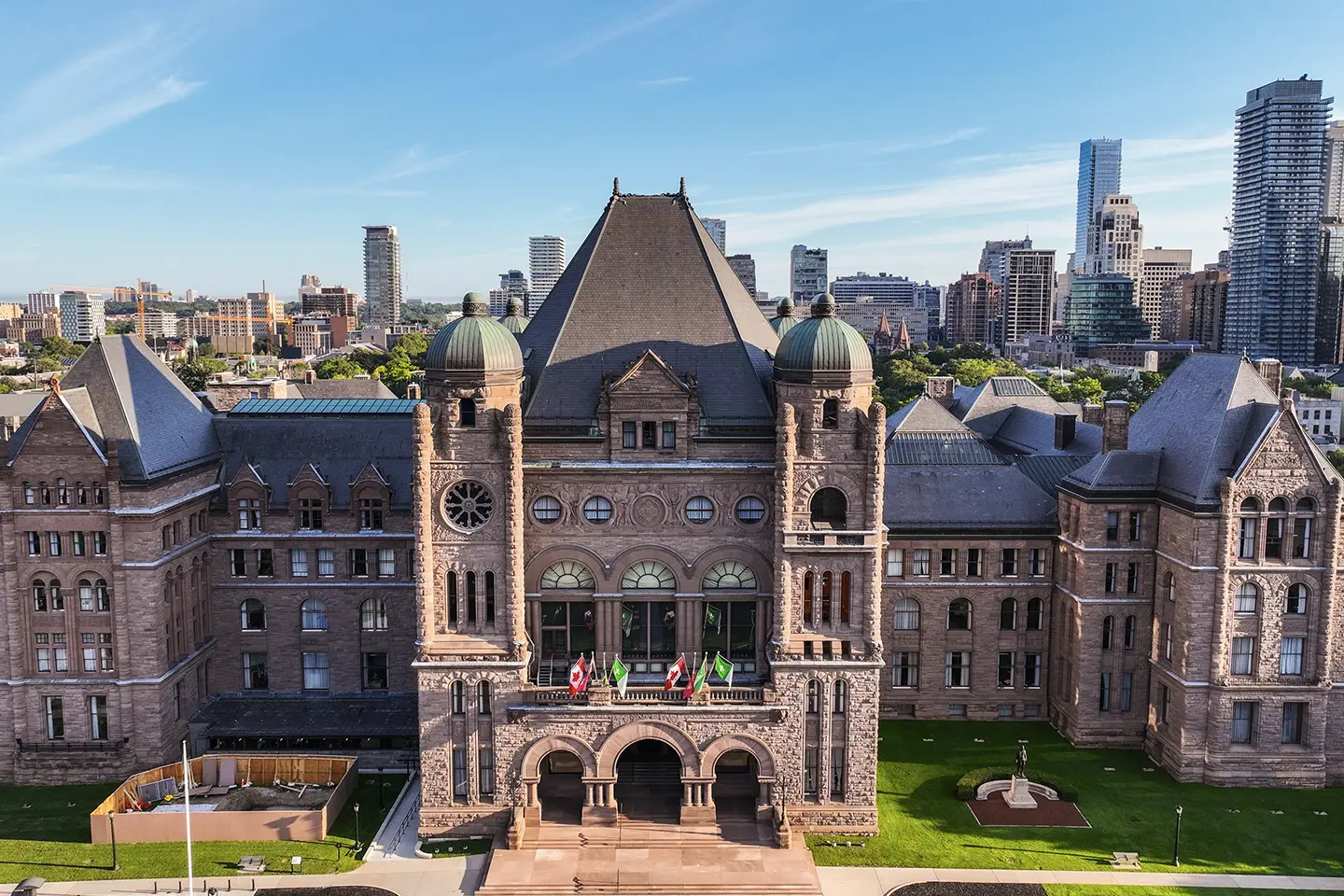Canada Electricity Advisory Council Final Report Released

The Canada Electricity Advisory Council (CEAC), appointed by Canada’s Minister of Energy and Natural Resources, Jonathan Wilkinson, released its final report today.
The CEAC was an independent body composed of 19 Canadian electricity sector experts convened in May 2023. It was mandated to provide advice to the federal government on the role the government should play in enabling the decarbonization of Canada’s electricity grids while vastly expanding electricity production and use to help other sectors of the economy achieve net-zero emissions by 2050. You can learn more about the CEAC here.
CEAC Final Report Scope
On June 10, 2024, the CEAC released its 146-page final report and provided 28 consensus recommendations to the federal government. These recommendations will help to inform the development of a federal Clean Electricity Strategy that is expected to be released later this year.
In developing its recommendations, the CEAC felt they must reflect, and build upon, the following four cornerstones that form the foundation of a successful electricity transition:
- Speed Canada must rapidly accelerate the build-out of clean electricity infrastructure projects.
- Affordability - Affordability, fairness, and cost-competitiveness must be protected.
- Reliability - Ensuring the reliability of Canada’s electricity systems is vital.
- Indigenous Participation - Inclusion of Indigenous Nations and communities in the energy transition must be prioritized to foster economic reconciliation.
The CEAC final report was informed by 66 private briefings and 72 written submissions from 117 stakeholders. See the final report here.
CEAC Final Recommendations
The CEAC’s 28 final consensus recommendations are grouped into the following four categories:
- Align on goals.
- Enable the build.
- Support the transition.
- Save energy to lighten the load.
It believes that, taken as a whole, its recommendations represent a balanced mix of clear policy direction, reductions in regulatory barriers that are slowing the pace of growth, targeted funding to address urgent needs and ensure a fair transition for all Canadians, and new rules to dramatically reduce energy waste to make the transition more achievable.
The CEAC makes it clear that successful implementation of its recommendations is contingent upon increased pragmatism and collaboration among all levels of government and electricity system actors.
A complete list of the CEAC’s final recommendations to the federal government is presented below.
Align on Goals
- Recommendation # 1 – Expedite the Clarification of Critical Electricity Policy Rules
- Recommendation # 2 – Encourage Energy Roadmaps
- Recommendation # 3 – Encourage Pathways Assessment to Inform Energy Roadmaps
- Recommendation # 4 – Align Mandates of Relevant Authorities with Net-Zero Goals
- Recommendation # 5 – Prioritize Flexibility in Policy Making
- Recommendation # 6 - Focus ITC Conditions on Energy Roadmaps
- Recommendation # 7 – Drive Open and Transparent Data and Modelling
- Recommendation # 8 – Establish Indicators to Track National Progress
Enable the Build
- Recommendation # 9 – Designate an Accountable Champion to Accelerate Electricity Project Approvals
- Recommendation # 10 – Streamline Scoping of Clean Electricity Project Reviews
- Recommendation # 11 – Move to a Compliance-Based Approvals Framework Where Possible
- Recommendation # 12 – Conclude Equivalency Agreements to Limit Duplication with Provinces
- Recommendation # 13 – Proactively Develop Federal Crown Lands
- Recommendation # 14 – Enhance Clarity and Awareness of Expectations for Indigenous Consultations
- Recommendation # 15 - Align Financial, Tax, Labour, and Trade Policies with Net-Zero
- Recommendation # 16 – Establish a One-Stop Shop for Federal Financial Support
- Recommendation # 17 – Harmonize Electrical Codes and Standards
Support the Transition
- Recommendation # 18 – Align ITC Programming with Net-Zero Objectives
- Recommendation # 19 – Construct a Framework to Support Inter-Regional Electricity Transmission Projects
- Recommendation # 20 – Advance Economic Reconciliation with Indigenous Nations
- Recommendation # 21 – Support the North and Remote Communities
- Recommendation # 22 – Expand Funding for Energy Efficiency Programs Targeted at Low-Income Canadians
- Recommendation # 23 – Create an Energy Efficiency Accountability Framework
- Recommendation # 24 – Link Federal Investments in Housing to the Highest Energy Savings Standards
- Recommendation # 25 – Prioritize Demand Management in Federal Supports
- Recommendation # 26 – Update Appliance and Equipment Standards
- Recommendation # 27 – Advance Building Code Modernization
- Recommendation # 28 – Expand the Greening Government Strategy
The CEAC final report also identified three other major issues that were outside of its scope but deserving of the federal government’s serious attention: (a) labour and supply chains, (b) social license, and (c) resilience.
Conclusion
The CEAC’s recommendations will play an important role in informing and guiding future action by the federal government in the electricity sector and its development of a federal Clean Electricity Strategy. Sussex is currently preparing a more comprehensive summary of the CEAC final report for clients that will provide more detail and analysis of its recommendations. If you are interested in learning more about the CEAC final report, please don’t hesitate to contact your Sussex Strategy Group representative. We’re here to help.


